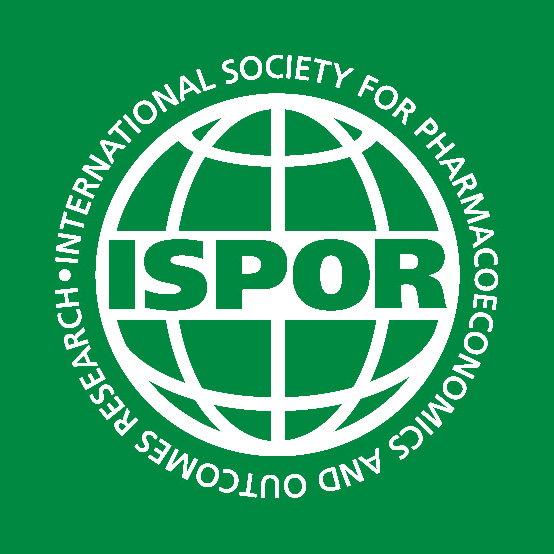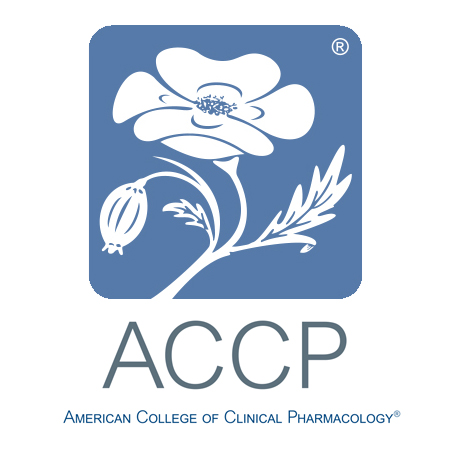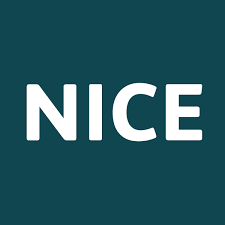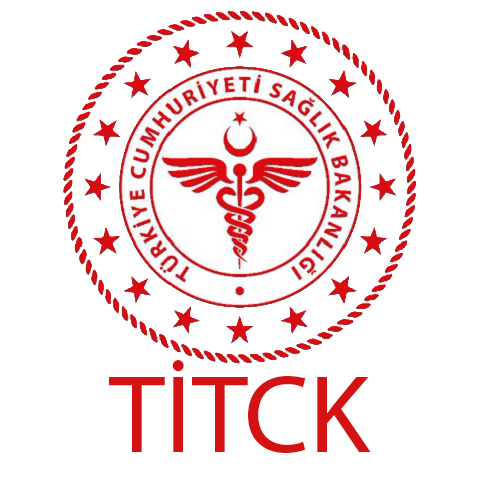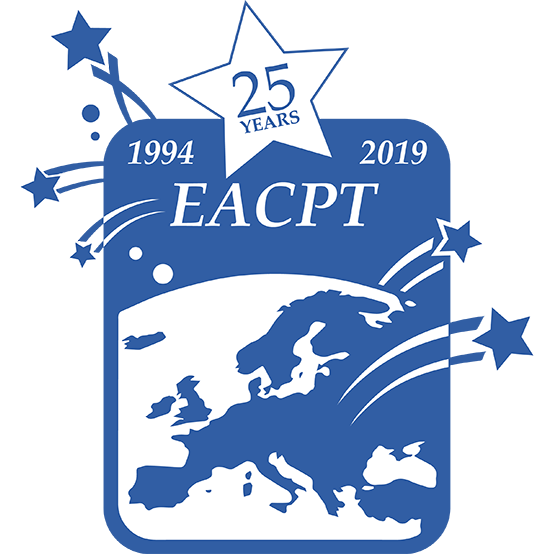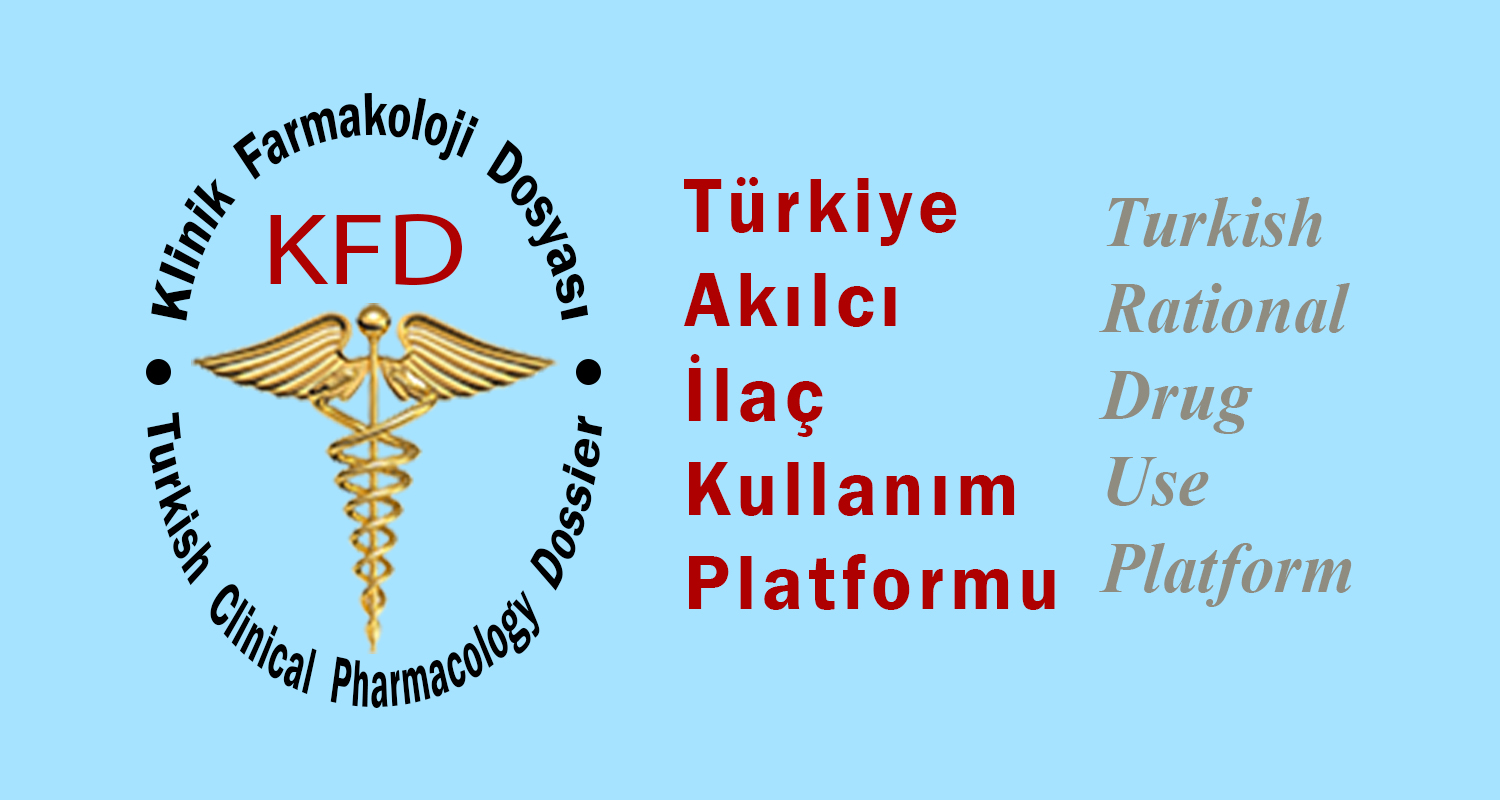
Bu hafta yaşanan olay şimdiye kadar eşi görülmemiş bir şey. Abbott’un Niaspan ile Merck/Schering-Plough’un Zetia’sını karşılaştıran klinik araştırma bağımsız denetleme kurulu tarafından hiçbir gerekçe gösterilmeden gizemli bir şekilde durduruldu ve bu NIH Clinical Registry’de yayınlandı. Klinik araştırma yürütücüsü Dr. Allen J. Taylor, ara-dönem analizi sonucu çalışmanın, ciddi yan etki riski görülmemesine rağmen, sponsor firmalar tarafından durdurulduğunu, kendilerinin sebebini bilmediklerini söylerken yorumcular sonuçların Zetia aleyhine çıktığı anlaşıldığı için çalışmanın durdurulduğu kanaatinde.
“ARBITER 6 HALTS” isimli proje 2006 yılında başlamış ve çalışmaya 400 statin kullanan hasta alınmış ve çift-kör olarak bir gruba HDL’yi (iyi huylu kolesterol) artıran Niaspan (uzun etkili niasin), diğer gruba ise sözde LDL’yi (kötü huylu kolesterol) azaltan Zetia (ezetimip) verilerek damardaki değişiklikler (carotid intima-media thickness, CIMT) araştırılmıştır. Wells Fargo analisti Larry Biegelsen, Niaspan’nın Zetiadan daha üstün bulunması üzerine çalışma durduruldu. Bu spekülasyon üzerine Merck’in hisse senetlerinde Salı günü %5.1 düşüş yaşandı. Geçen sene Zetia ve Vytorin çalışmalarının negatif çıkması üzerine Zetia sattışları %22 düşmüştü. Eğer çalışma sonuçları açıklandığında hakikaten Niaspan üstün bulunursa bu Zetia ve Vytorin’in (Inegy) sonu olacak. Daha önce yapılan çalışmalarda da (Enhance çalışması) Zetia etkisi bulunmuş, SEAS çalışmasında ise Zetianın kanser riskini artırdığı ortaya çıkmıştı.
Comparative Study of the Effect of Ezetimibe Versus Extended-Release Niacin on Atherosclerosis
This study has been terminated. ( Independent steering committee has stopped the trial based on results of a prespecified, blinded interim analysis. It was not stopped due to safety concerns. )
First Received: November 8, 2006 Last Updated: June 16, 2009
Sponsors and Collaborators: Walter Reed Army Medical Center Abbott Information provided by: Walter Reed Army Medical Center ClinicalTrials.gov Identifier: NCT00397657
Purpose Recent evidence on the use of statin therapy indicates the potential for ultra-low levels of low-density lipoprotein (LDL-C) to provide greater protection from recurrent coronary heart disease (CHD) events. Thus, in August 2005, the guidelines for the treatment of lipid disorders (NCEP ATPIII) were revised to indicate that an LDL-C treatment goal of 70 mg/dL (revised from 100 mg/dL) was optional for patients with known CHD. In these same guidelines, low levels of high-density lipoprotein (HDL-C) are also suggested but not specifically proscribed as a target of therapy. Recently the ARBITER 2 trial has provided the first evidence of the potential of raising HDL-C with extended release niacin when added to statin monotherapy. However, whether this approach would be superior to a strategy in which lower concentrations of LDL-C are targeted is unknown. The purpose of ARBITER 6 - HALTS is to compare HDL and LDL-focused strategies of lipid treatments for their effects of atherosclerosis. This study is a prospective, randomized, open-label, blinded endpoint trial comparing treatment strategies of either HDL-raising therapies or LDL reduction for dyslipidemia on carotid atherosclerosis. Subjects with known atherosclerotic coronary or vascular disease or otherwise at high cardiovascular risk through the presence of a coronary risk equivalent who are currently being treated with a statin will be eligible. Subjects will be randomly assigned in an allocation-concealed fashion to open label treatment with either Ezetimibe 10 mg/d for additional LDL-lowering OR Extended-release niacin (1 gm/d, titrated to max tolerable dose up to 2 gm/d) for HDL improvement. The effects of these 2 different strategies of intensified lipid management on atherosclerosis will be assessed by the change in the carotid intima-media thickness, a validated surrogate endpoint. The data will help guide clinicians on the potential benefits of these lipid treatment strategies.

